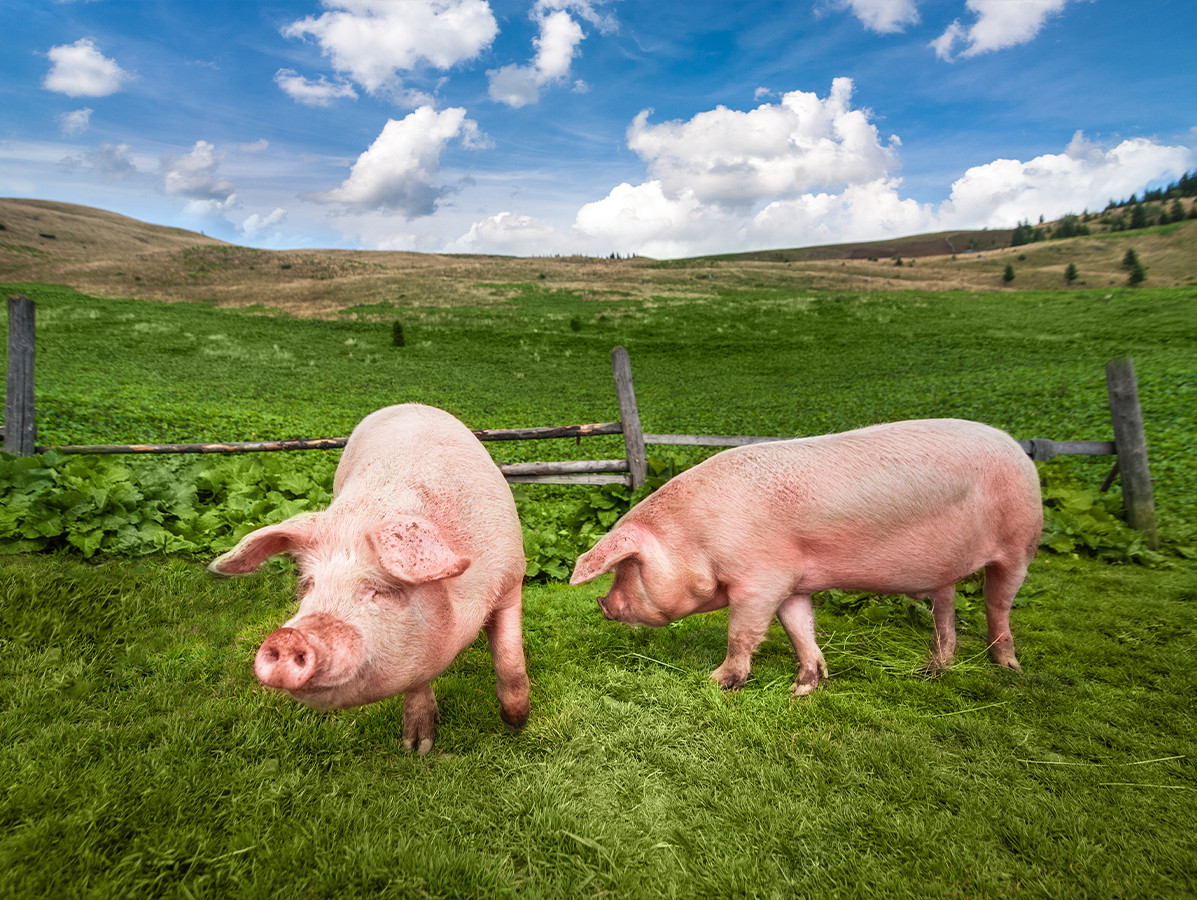
In order to further improve animal welfare at slaughterhouses, the Central Organization for the Meat Industry (COV) has drawn up the "Code for Animal Welfare at the Slaughterhouse". In addition to all current measures, this Code provides for, among other things, annual training of slaughterhouse employees and annual reporting. The Code of Animal Welfare will be implemented on May 1, 2021 and is included in the COV Code of Conduct.
"The Dutch meat sector is among the world's best in terms of animal welfare," says Richard de Mooij of the COV. The transport and processing of animals takes place in our country according to very strict rules. The NVWA permanently monitors compliance with these rules in the so-called Compliance Monitor, which COV hopes will soon become publicly available again.
Partly due to the extra intensive camera monitoring, which goes beyond the European guidelines, the annual number of animal welfare incidents is kept to a minimum. The Central Organization for the Meat Sector (COV) wants to further reduce the number of incidents to zero.
Richard de Mooij of the COV explains: "If you want to eliminate incidents completely, training and education are crucial in practice. This new Code of Animal Welfare puts the finishing touches to it and will help make incidents a thing of the past. It is also the intention to start using Artificial Intelligence in the assessment of the camera images in order to achieve even better assurance of animal welfare."
The Code requires that employees involved in slaughterhouse animal welfare operations meet more with each other to exchange best practices and experiences. Slaughterhouse employees involved in unloading the animals will receive better and more intensive training each year and will be challenged to propose improvements themselves if necessary: a true bottom-up approach. External animal welfare specialists are also called in to assess the assurance of animal welfare per farm and, if necessary, to make recommendations for further improvement. These specialists must meet standards set by the COV and are registered by the COV. Finally, an annual report is drawn up on the operation, compliance and results of the Code by means of a number of defined KPIs.
Source: COV